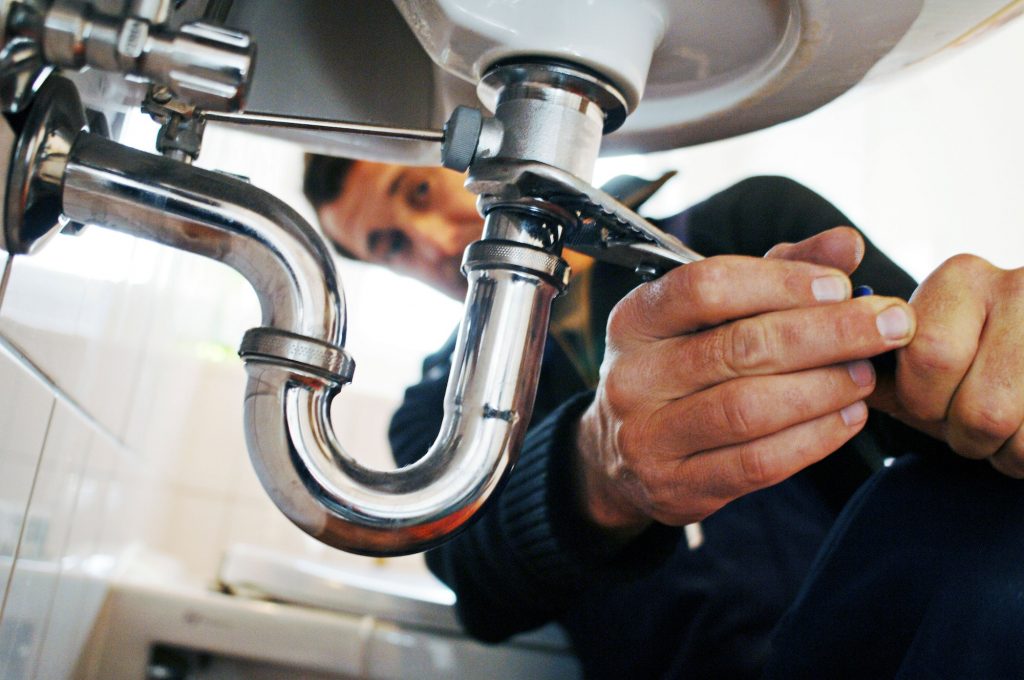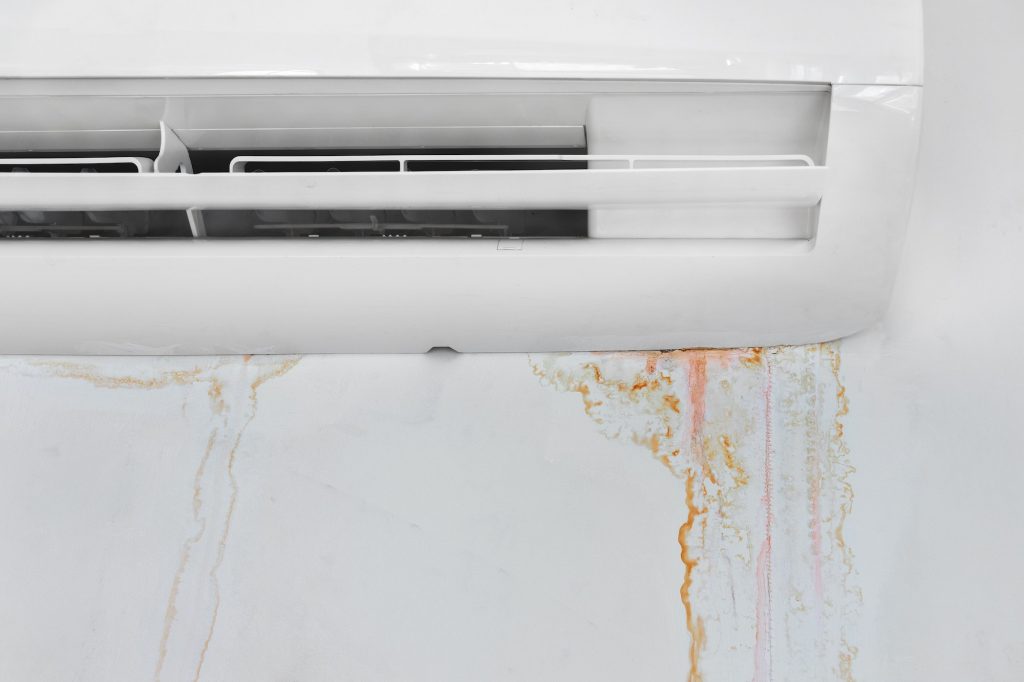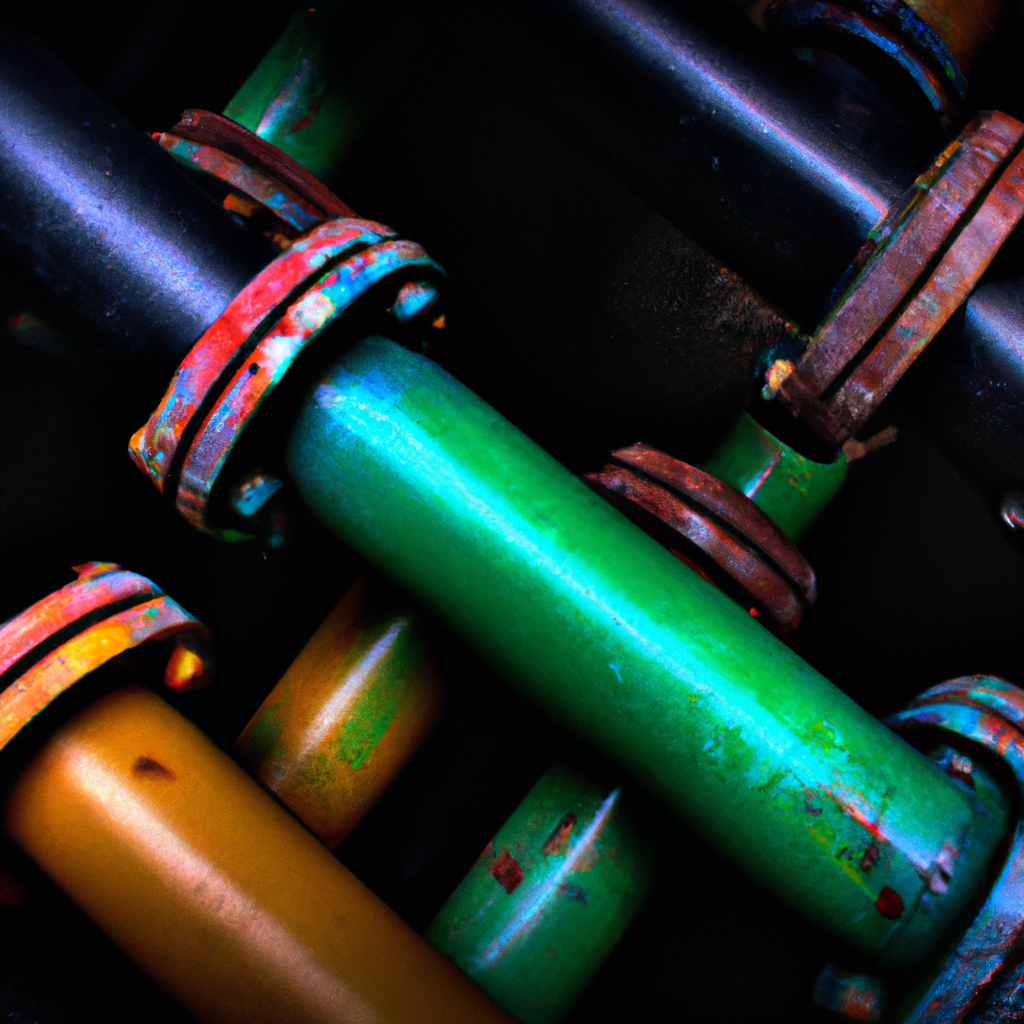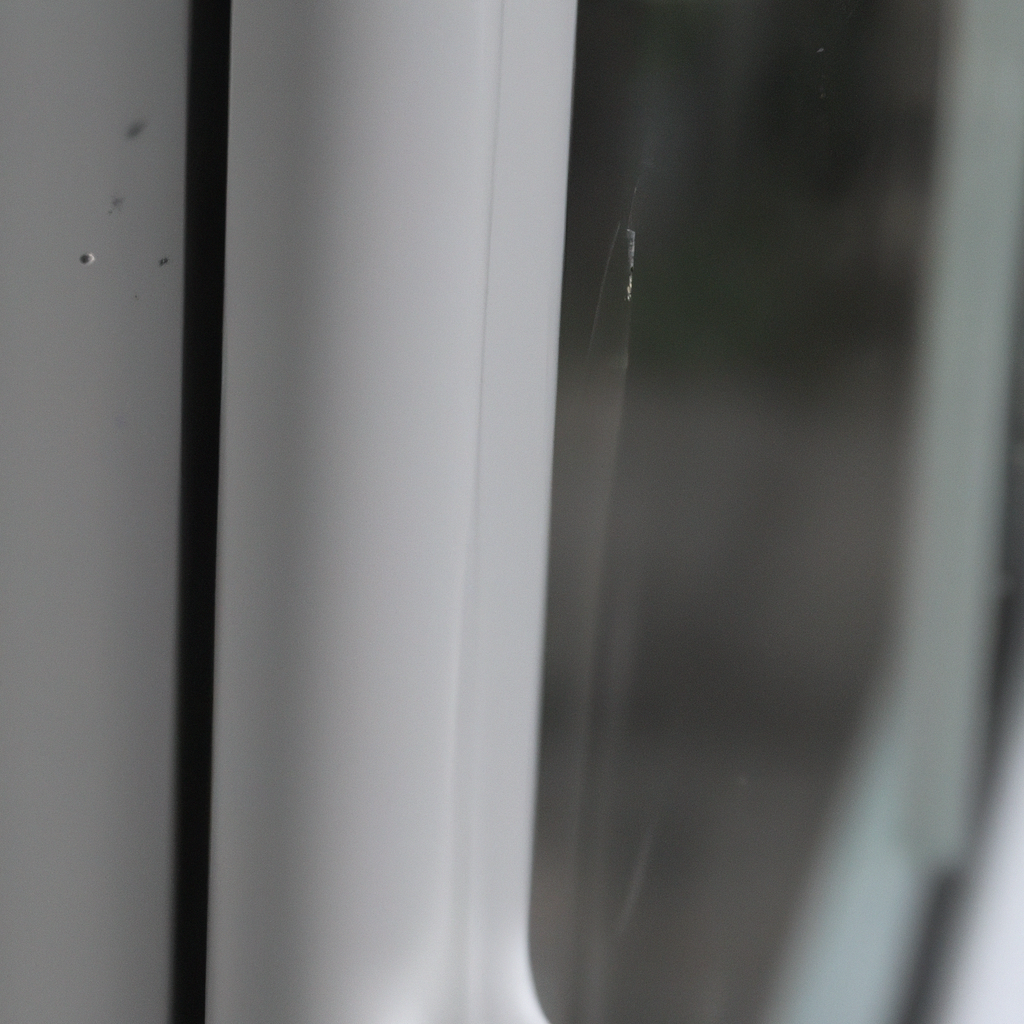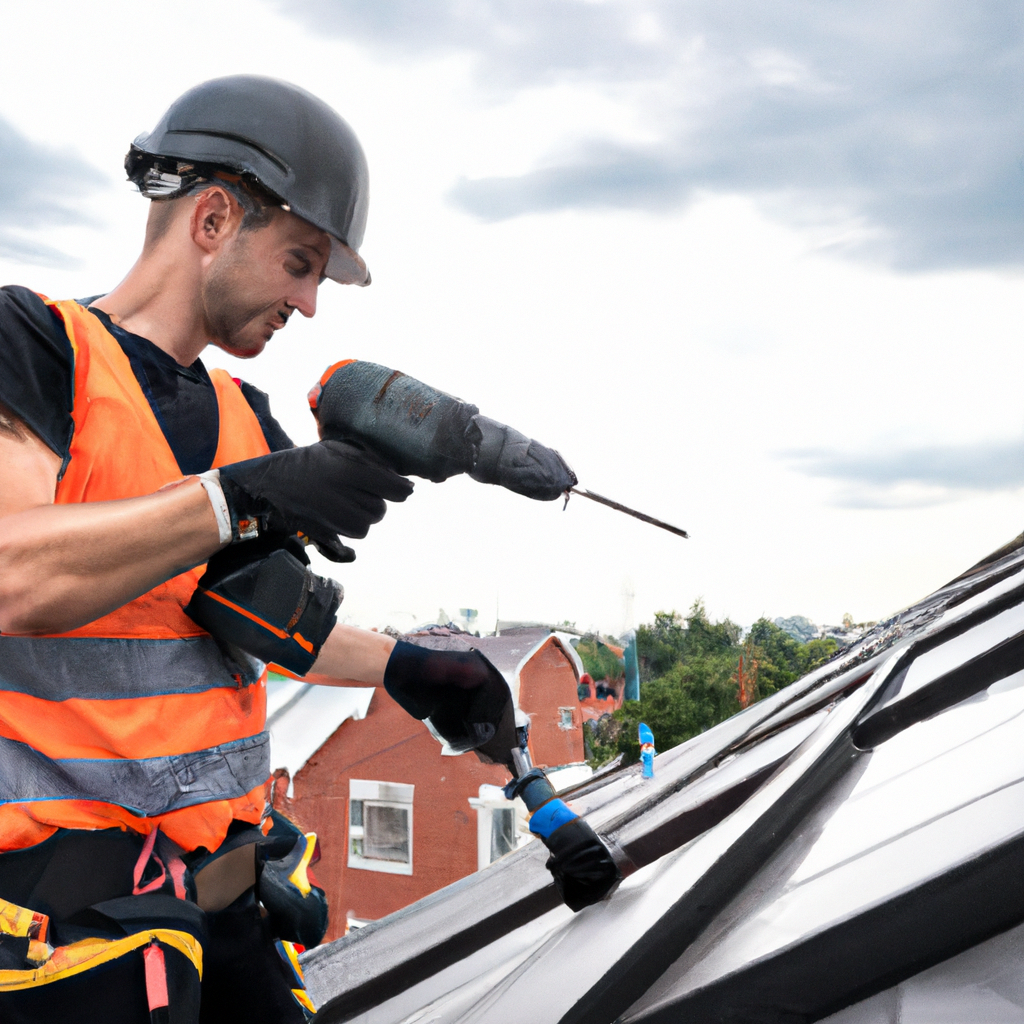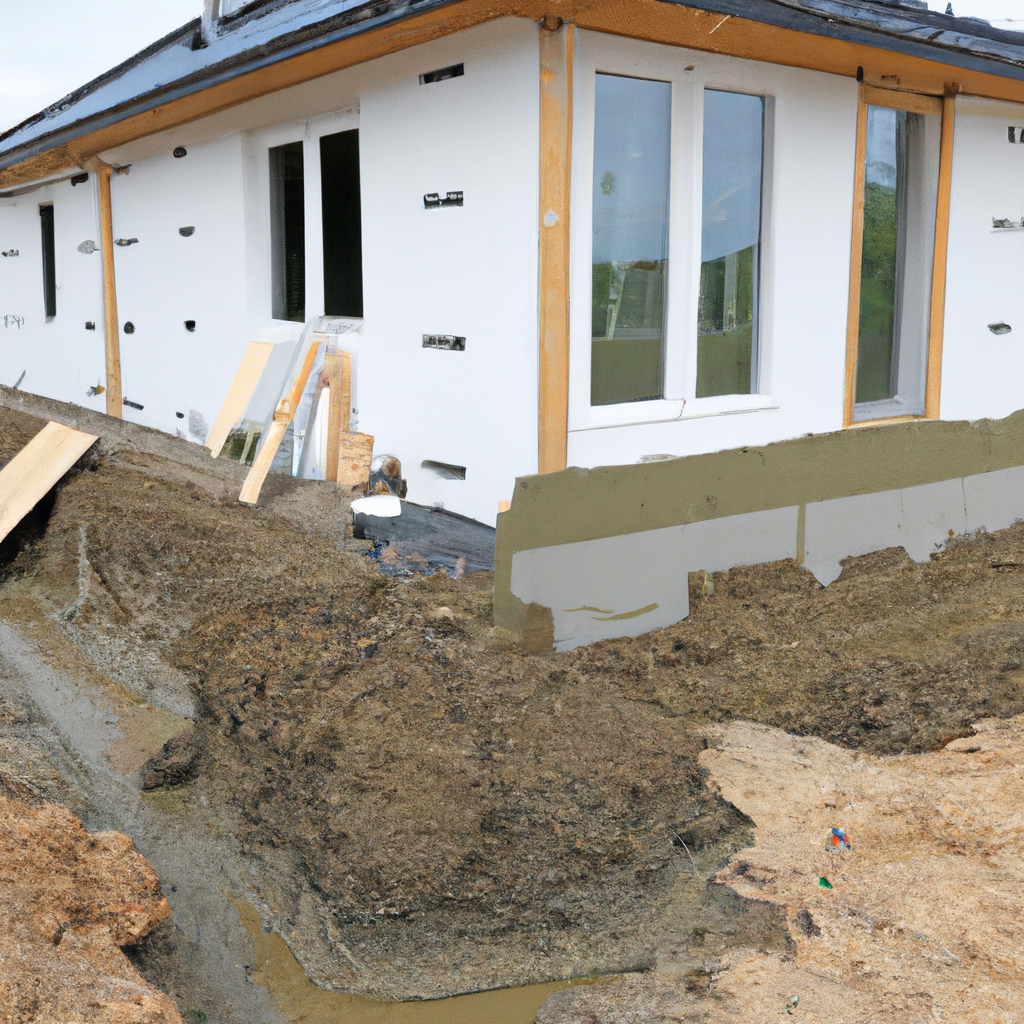When it comes to plumbing, there are a lot of choices to make, and one of the most important is choosing the right type of piping for your system. Two of the most popular options are PVC and Copper piping.
PVC, or Polyvinyl Chloride, is a thermoplastic material widely used in plumbing applications for many years. On the other hand, Copper piping has been used for decades and is known for its durability and resistance to corrosion.
This article aims to provide you with a comprehensive guide on the pros and cons of PVC and Copper piping so that you can make an informed decision regarding your plumbing system.
Advantages of PVC piping
One of the main advantages of PVC piping is that it is lightweight and easy to install. PVC pipes are also relatively cheap compared to other types of piping, making them a cost-effective option for many homeowners.
Another advantage of PVC piping is its corrosion resistance. Unlike metal pipes that can rust and deteriorate over time, PVC pipes are not affected by corrosion, which makes them ideal for use in damp or humid environments.
Additionally, PVC piping is versatile and can be used in various applications, from drain and sewer systems to potable water supply.
Advantages of Copper piping
Copper piping is known for its durability and is one of the longest-lasting types of piping available. It is also resistant to high temperatures, making it ideal for hot water supply systems.
Another advantage of Copper piping is that it is recyclable, making it a more environmentally friendly option than other piping types.
Finally, Copper piping is also resistant to corrosion, making it ideal for use in areas with high levels of moisture or humidity.
Disadvantages of PVC piping
While PVC piping has many advantages, there are also some disadvantages that you need to be aware of. One of the main disadvantages of PVC piping is that it is susceptible to damage from UV light. If you live in an area with strong sunlight, your PVC pipes may become brittle and crack over time, leading to leaks and other problems.
Another disadvantage of PVC piping is its limited use for hot water supply. PVC pipes are not designed to withstand high temperatures, so they may not be suitable for use in areas where hot water is frequently used.
Finally, PVC piping is not as fire-resistant as other types of piping, which can be a concern for some homeowners.
Disadvantages of Copper piping
While Copper piping has many advantages, it also has some disadvantages you must be aware of. One of the main disadvantages of Copper piping is that it is expensive compared to other types of piping, which can make it a less attractive option for budget-conscious homeowners.
Another disadvantage of Copper piping is that it can be difficult to install, especially if you are unfamiliar with plumbing techniques. Copper pipes require special installation tools and techniques, so you may need to hire a professional plumber to help you with the installation.
Finally, Copper piping can cause water contamination if it is not properly installed or maintained. Over time, Copper pipes can develop small cracks and leaks, allowing water to seep in and cause contamination.
Comparison of PVC vs Copper piping
When it comes to choosing between PVC and Copper piping, there are several factors that you need to consider.
Cost is one of the main factors to consider, as Copper piping is more expensive than PVC piping. However, Copper piping is also more durable and long-lasting, so you may save money in the long run by choosing Copper over PVC.
Durability is another factor to consider, as Copper piping is more resistant to corrosion and high temperatures than PVC piping.
Installation is another factor to consider, as Copper piping can be more difficult to install than PVC piping.
Finally, maintenance is another factor to consider, as Copper piping may require more maintenance than PVC piping.
Factors to consider when choosing between PVC and Copper piping
When it comes to choosing between PVC and Copper piping, there are several factors that you need to consider.
The purpose of the piping is one of the main factors to consider. If you are using piping for drain and sewer systems, PVC piping may be the better option, as it is lightweight and easy to install. However, if you use the piping for hot water supply, Copper piping may be the better option, as it is resistant to high temperatures.
Local building codes are another factor to consider, as some areas may require specific types of piping. Be sure to check with your local building code office to determine the requirements for your site.
Environmental impact is another factor, as Copper piping is more environmentally friendly than PVC piping.
Finally, budget is another factor, as Copper piping is more expensive than PVC piping.
Conclusion
In conclusion, both PVC and Copper piping have pros and cons, and the best choice for your plumbing system will depend on several factors, including cost, durability, installation, and maintenance.
When choosing between PVC and Copper piping, it is important to consider the purpose of the piping, local building codes, environmental impact, and budget. Considering these factors, you can make an informed decision and choose the best piping for your plumbing system.
FAQs
- Which is better, PVC or Copper piping?
The best choice between PVC and Copper piping will depend on several factors, including cost, durability, installation, and maintenance. Consider the purpose of the piping, local building codes, environmental impact, and budget when making your decision.
- How long does PVC piping last?
PVC piping can last for many years, but it is susceptible to damage from UV light and may become brittle and crack over time. To ensure the longevity of your PVC pipes, it is important to protect them from direct sunlight and to replace any damaged tubes as soon as possible.
- Can PVC piping be used for the hot water supply?
PVC piping is not recommended for hot water supply systems, as it is not designed to withstand high temperatures. For hot water supply, it is recommended to use Copper or other types of piping resistant to high temperatures.
- Is Copper piping recyclable?
Yes, Copper piping is recyclable and is considered a more environmentally friendly option than other piping types.
- What are the maintenance requirements for Copper piping?
Copper piping requires regular maintenance to ensure longevity and prevent water contamination. It is important to inspect your Copper pipes regularly for signs of corrosion or leaks and to replace any damaged pipes as soon as possible. It is also important to keep Copper pipes clean and debris-free to ensure optimal performance.

